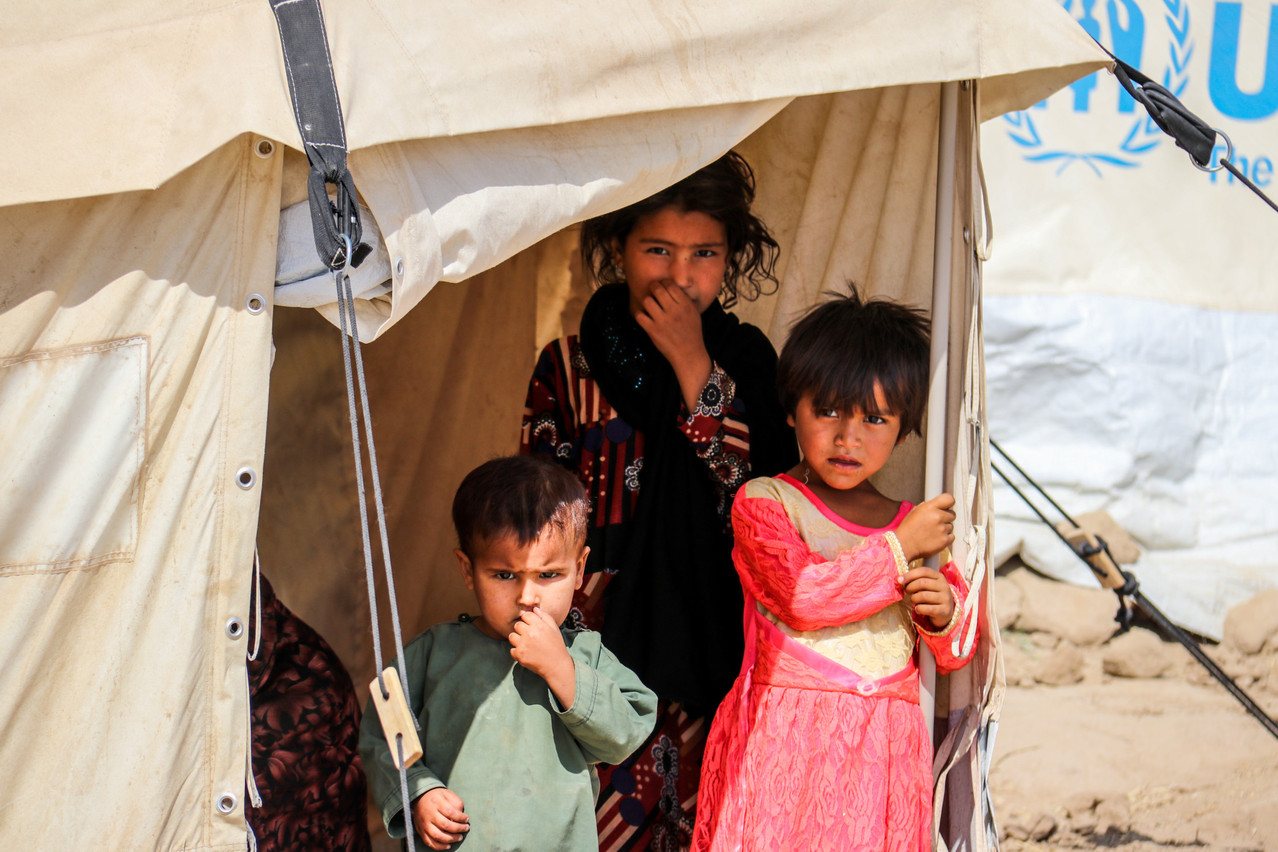Fayot (LSAP) was speaking at the high-level ministerial meeting on the humanitarian situation in Afghanistan organised by the UN. The country is reeling from the takeover by the Taliban who announced an interim government last week following the exit of Nato troops.
“Luxembourg stands ready to assist the Afghanistan people at this critical juncture,” Fayot said. “As such, my government has decided to continue its financial support for humanitarian purposes in Afghanistan.”
The additional €500,000 will bring the total sum pledged for 2021 to €3m. “We are in the process of examining whether projects supported so far can be sustained and to what extent we can step up our support next year,” the minister said.
Luxembourg between 2001 and 2020 spent €48m on humanitarian and development aid in Afghanistan, in addition to around €52m disbursed to train the country’s security forces. The grand duchy in 2003 joined Nato’s International Security Assistance Force in Afghanistan, followed by the Resolute Support Mission in 2015.
A €4m annual contribution until 2024 to a Nato fund in support of Afghanistan’s military has been frozen.
Read also
Two thirds of Afghanistan’s population live below the poverty line. “Today, the country is experiencing the compounding effects of conflict, drought, rampant unemployment, food insecurity and covid-19,” Fayot said.
The humanitarian assistance provided to Afghanistan is spent via international agencies, such as the Red Cross, the UN, the World Bank, the Patrip Foundation and several NGOs.
“However, let me be clear,” Fayot said: “We cannot support this process at any cost. Our humanitarian support is tied to international humanitarian law and the respect of humanitarian principles.”
The Taliban excluded women from government positions, have banned them from practicing sports, and have announced gender-segregated education. “Oppression and discrimination threaten 19 million women and girls in Afghanistan: women’s rights must be preserved and protected,” Fayot said.
The minister also promised support for Afghanistan’s neighbouring countries who are hosting refugees from the country who fled as the Taliban advanced on and captured Kabul. “We think that it is our moral duty to assist host communities in the region and Luxembourg will continue to share part of the burden,” he said.
“There is a need for a collective and comprehensive effort on the part of our governments to engage in humanitarian negotiations to ensure that the people of Afghanistan have unimpeded access to life-saving assistance,” Fayot concluded.
